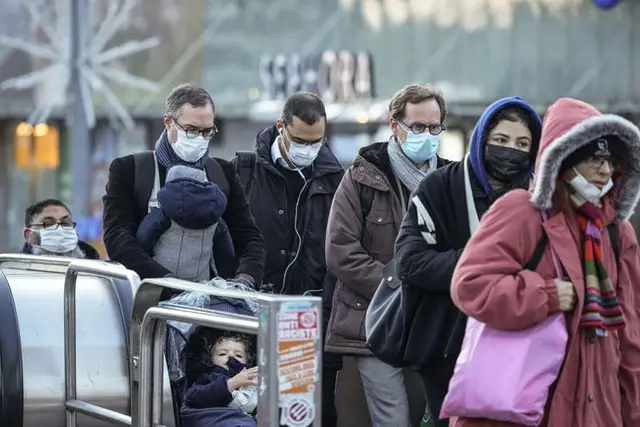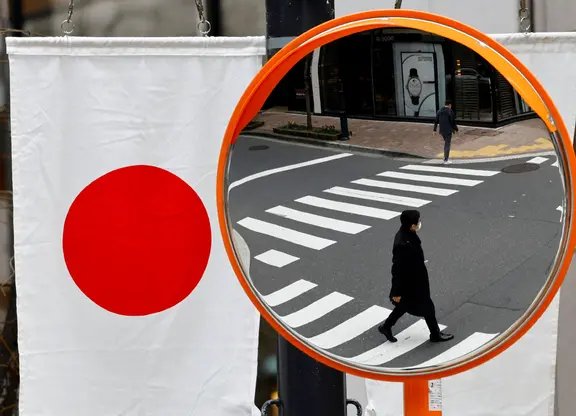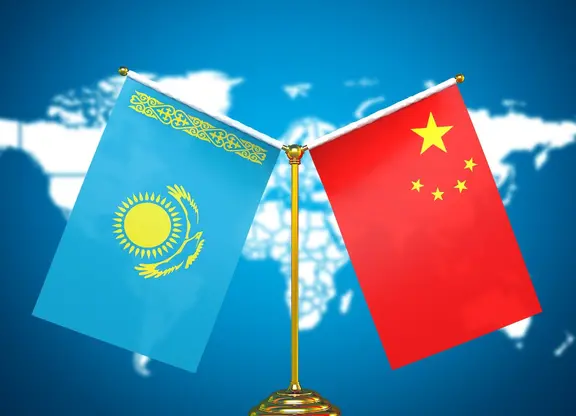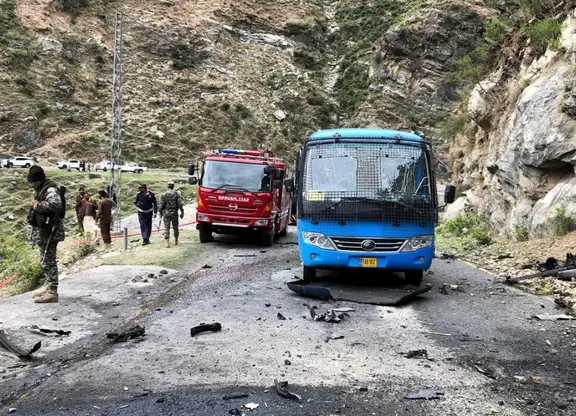Maria Van Kerkhove, the technical leader for COVID-19 at the World Health Organization (WHO), said there is only "anecdotal information" about the Omicron variant, but it could be less severe.
Early evidence appears to show that Omicron, despite spreading faster than Delta, is less severe, WHO said.
"We certainly have information from South Africa that many of the patients that are identified with Omicron have a more mild course of disease," Van Kerkhove said. "But it does take time for people to go through the full course of their infection."
On Wednesday, Dr. Michael Ryan, WHO's chief of emergencies, told reporters that current data regarding Omicron is "pointing to a virus that's efficiently transmitting and probably more efficiently transmitting than even the Delta variant," which is the most fatal and widespread version of COVID.
The new variant that had its first confirmed case in southern Africa caused some nations to close their borders and concerned stock markets about its potential long-term effects.
There have been at least 267 million confirmed cases of COVID globally and a death toll of over 5.2 million.
WHO's goal was to vaccinate all elderly, people who are immunocompromised, and health care workers, those who are considered priority populations, globally by the end of the year. However, wealthy nations have monopolized their vaccine stockpiles.
WHO officials have maintained their stance on prioritizing vaccinating people in places with a low vaccination rate over inoculating vaccinated people with boosters.
Dr. Soumya Swaminathan, the WHO's chief scientist, said "wholesale boosting is not the solution right now." That appeared to be an allusion to policies in some countries, notably in hard-hit Europe and the United States, that encourage broad categories of people to get booster shots, not just groups that are seen as especially vulnerable.
"The data from country after country after country is showing that the people who are in the ICUs, the people who are severely ill, and the people who are dying are the unvaccinated," she said. "I think the message is loud and clear that it's a primary course of vaccination that is going to protect against severe disease and death—that has to be our goal."
Boosters, she added, aren't useful in countries with large vaccine supplies but where up to 50 percent of people have not gotten vaccinated, whether out of concern for secondary effects or other reasons.
"At this point, the benefits that we will get from reaching those people who have not received primary courses of vaccination are going to be higher than giving additional doses to those who have already completed a primary course," Swaminathan said.
(NEWSWEEK)
 简体中文
简体中文





















